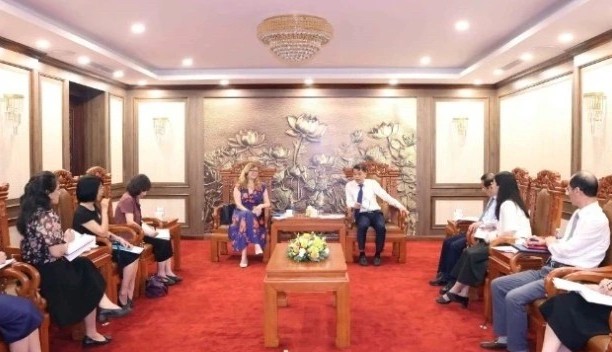Three UN Agencies Announce New Project to Enhance People with Disabilities' Rights
A joint United Nations project named “Working together for an inclusive future. Implementing the Convention on the Rights of Persons with Disabilities (CRPD) through effective collaboration” was launched in Hanoi on Feb.16 prior to the World Day of Social Justice (Feb. 20).
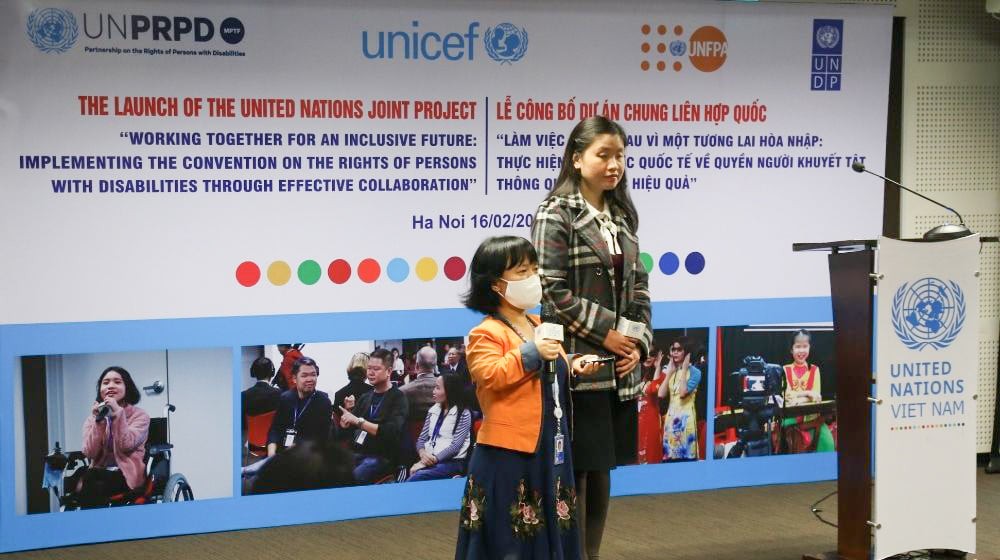 |
| Nguyen Minh Chau, Disability Inclusion Coordinator, and MC of the joint project announcement ceremony, and Dao Thu Huong, Disability Rights Officer of UNDP in Vietnam. |
The project brings together the expertise and experience of UN International Children's Emergency Fund UNICEF, UN Population Fund UNFPA and UN Development Programme UNDP, in supporting national and provincial authorities and organizations of persons with disabilities.
The project is funded by the Australian Department of Foreign Affairs and Trade and the Norwegian Ministry of Foreign Affairs, who are longstanding donors of the UN Partnership on the Rights of Persons with Disabilities Multi-Partner Trust Fund.
The project aims to serve as a vehicle for multi-stakeholder dialogue and partnership to ensure results and impact towards a Convention on the Rights of People with Disability compliance environment in Vietnam, which is fundamental to ensure the materialization of the principles of leaving no one behind and building back better a more inclusive society for all.
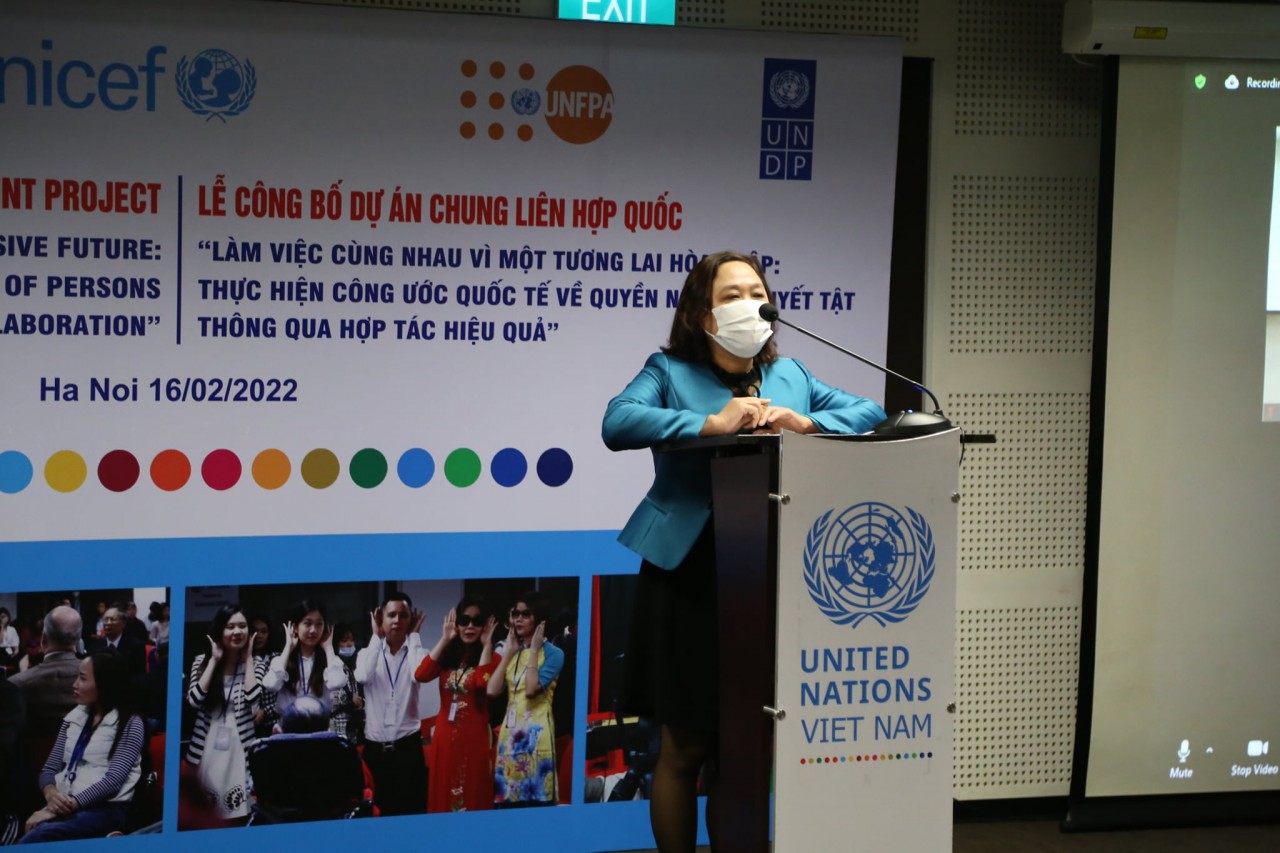 |
| Vu Thi Kim Hoa, deputy director of Department of Child Affair under Ministry of Labor, Invalids and Social Affairs at the event. |
Addressing the launch, Vu Thi Kim Hoa, Deputy Director, Department of Child Affairs, Ministry of Labor, Invalids and Social Affairs emphasized that Vietnam still struggles to transform the provision of the CRPD into concrete policies, systems, and services.
For this UN joint project, it is a great pleasure for us to be a key partner in capacity-building activities and to work together on the essential ‘pre-conditions’ that are indispensable for addressing the needs and opportunities of people with disabilities in public policymaking and programming across all sectors.
During the formulation of this joint project, UNDP has led the UNPRPD situation analysis in Vietnam which highlighted significant challenges related to the limited participation of OPDs in the planning, implementation, monitoring, and evaluation of national programs.
In the next two years, UNDP, UNFPA and UNICEF will work towards the following three outcomes:
Building the capacity of organizations of persons with disabilities and policymakers on CRPD-compliant policy making and implementation;
Identifying and addressing gaps in the achievement of essential building blocks or preconditions to CRPD implementation in development and humanitarian programs; and
Strengthening the disability-inclusive monitoring and accountability of Vietnam’s National Socio-Economic Development Plan 2021-2025 through the lenses of the CRPD framework.
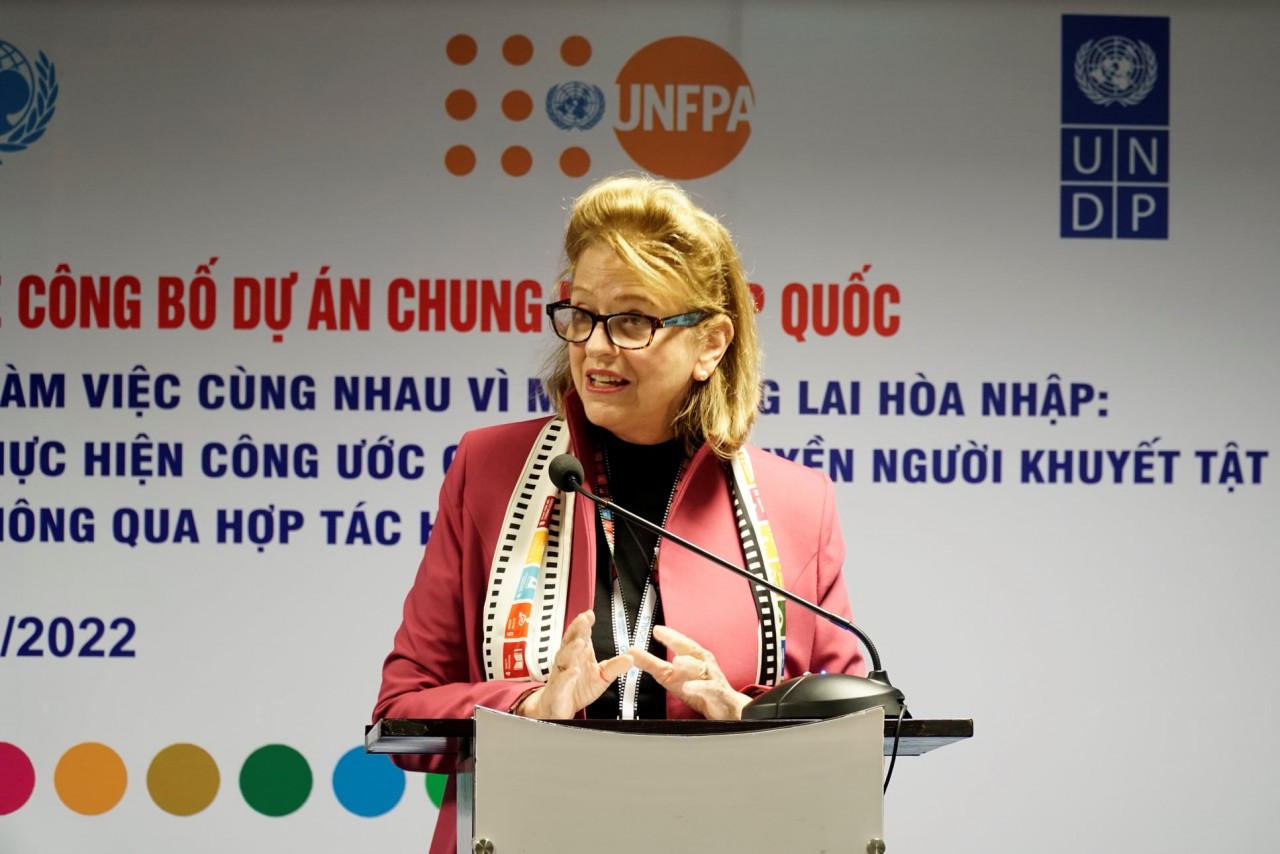 |
| UNDP Resident Representative Caitlin Wiesen. |
“People with disability account for 7% of Vietnam’s population. We as UN agencies recognize persons with disabilities as key partners in our efforts toward sustainable development in Vietnam, not just as beneficiaries.” said UNDP Resident Representative Caitlin Wiesen.
“Persons with disabilities should not be only engaged in disability-focused policies, their rights and voices should be integrated into Vietnam’s programs for implementing the National Socio-Economic Development Strategy."
As the coordinator of the joint UN project, UNDP will work closely with all partners to empower people with disability to enable their full participation in the law-making process from the planning stages.
| Vietnam has about 6.2 million people over the age of two with disabilities, making up 7.06% of the country’s population, VNA cited data from the Ministry of Labour, Invalids and Social Affair. Of those, more than 1 million are severely disabled. Most live in rural areas and many are victims of Agent Orange. Millions of people and children with disabilities are nurtured and cared for in social welfare establishments. |
UNFPA Representative in Vietnam Naomi Kitahara assured that persons with disabilities will be at the core of the joint project, and will be the driving force for change in Vietnam, as a solution to lead the country to achieve SDGs, and as a solution to protect and promote the rights of persons with disabilities.
Their access to sexual and reproductive health information and services, as well as comprehensive sexuality education and life skills education, she said, would be essential, so as not to leave them behind in SDGs agenda.
UNICEF has been working for over four decades in Vietnam to promote the rights of children with a disability, including their rights to access quality and inclusive services and support, wherever they live, in times of stability as well as during emergencies, according to UNICEF Deputy Representative in Vietnam Lesley Miller.
This project will advance this work further, by building the capacity to transform Vietnam’s commitment to the UN Convention into reality through inclusive policies, systems, and services that benefit all men, women and children with disabilities, Miller stressed.
The project is implemented in a favorable legal environment where Vietnam’s government is strongly committed to ensuring that people with disabilities can fully participate in society and equally enjoy their fundamental rights.
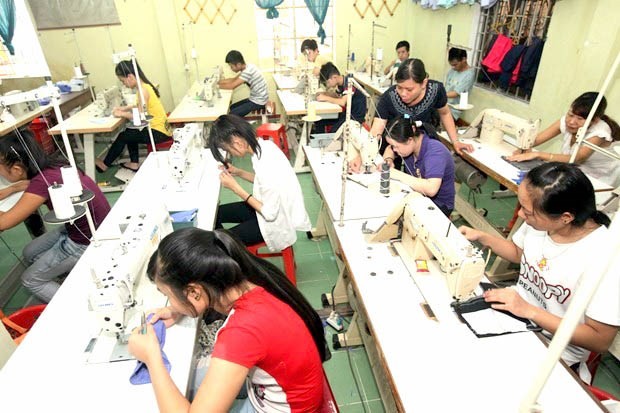 |
| The best way to help them integrate into the community is to help disabled people have confidence, support vocational training and create job opportunities. Illustrative image: VNA |
The government has enacted the Law on Persons with Disabilities since 2010 and is going to revise it in upcoming years.
Vietnam also ratified the CRPD in 2015, and various master plans and policies have been issued to guide the CRPD and the Law implementation.
At least 4.1 million people with disabilities, orphans, and poor patients have received helps from the Vietnam Sponsoring Association for People with Disabilities and Orphans so far.
50 provinces and cities nationwide have implemented community-based functional rehabilitation programs. Of which, 18 provinces have rolled out the program in all districts and communes.
According to the Vietnam National Committee on People with Disabilities, in addition to the social protection policy, the best way to help them integrate into the community is to help disabled people have confidence, support vocational training and create job opportunities.
The country has more than 19,550 people with disabilities who have received vocational training under a project.
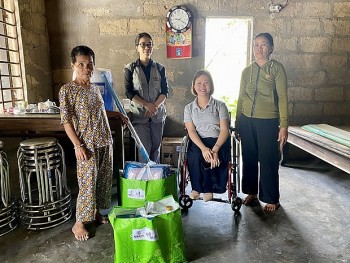 | USAID Funds 2 Projects Supporting Persons With Disabilities in Thua Thien Hue The United States Agency for International Development (USAID) and local partners announced two USAID awards to support persons with disabilities in Thua Thien-Hue province. |
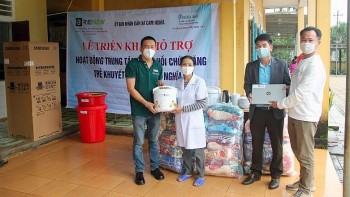 | Quang Tri: RENEW Helps Reactivate Disabled Children's Rehabilitation Centers RENEW's support helps to reactivate rehabilitation centers for disabled children in Cam Nghia Commune and Gio Linh Townlet of Quang Tri Province. |
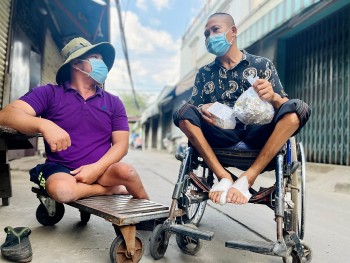 | Social Welfare for The Elderly and People with Disabilities during the Covid-19 Era New legislation seeks to improve the lives of Vietnam's most vulnerable groups. |
Recommended
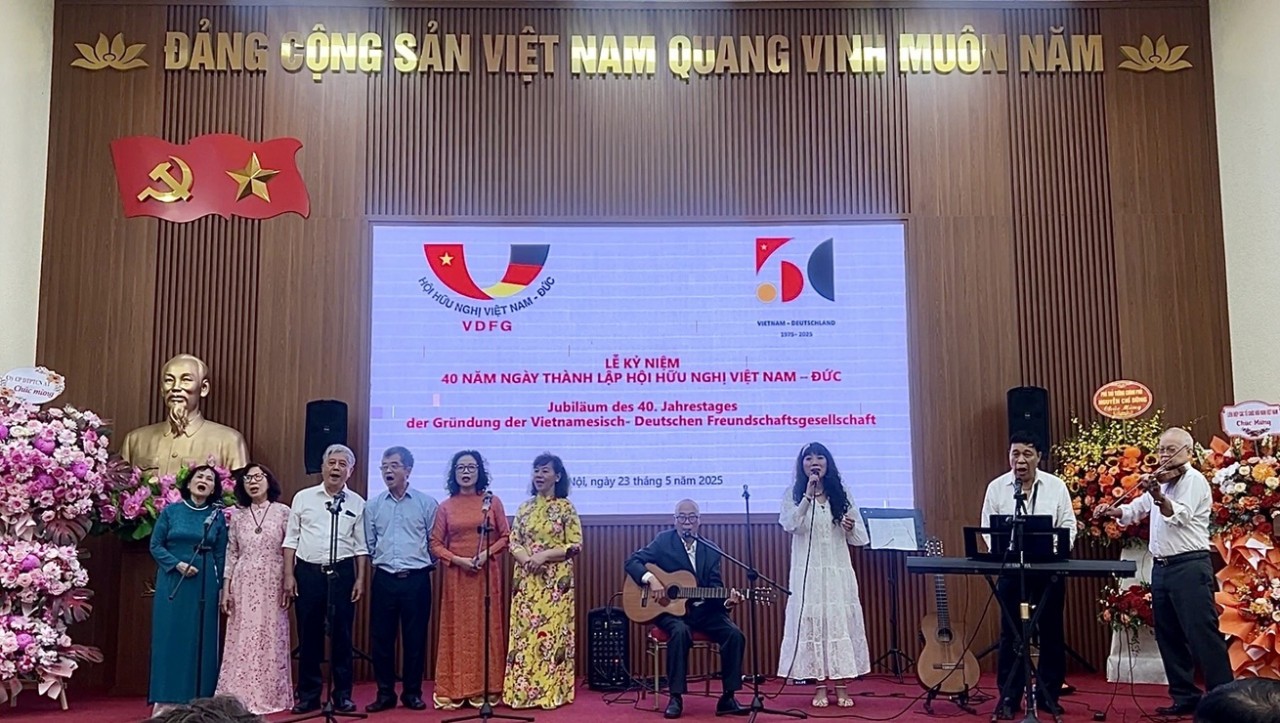 Focus
Focus
Solid Bridge for People-to-people Relations between Vietnam and Germany
 Friendship
Friendship
Vietnam, Cuba to Boost Cooperation in Health Sector
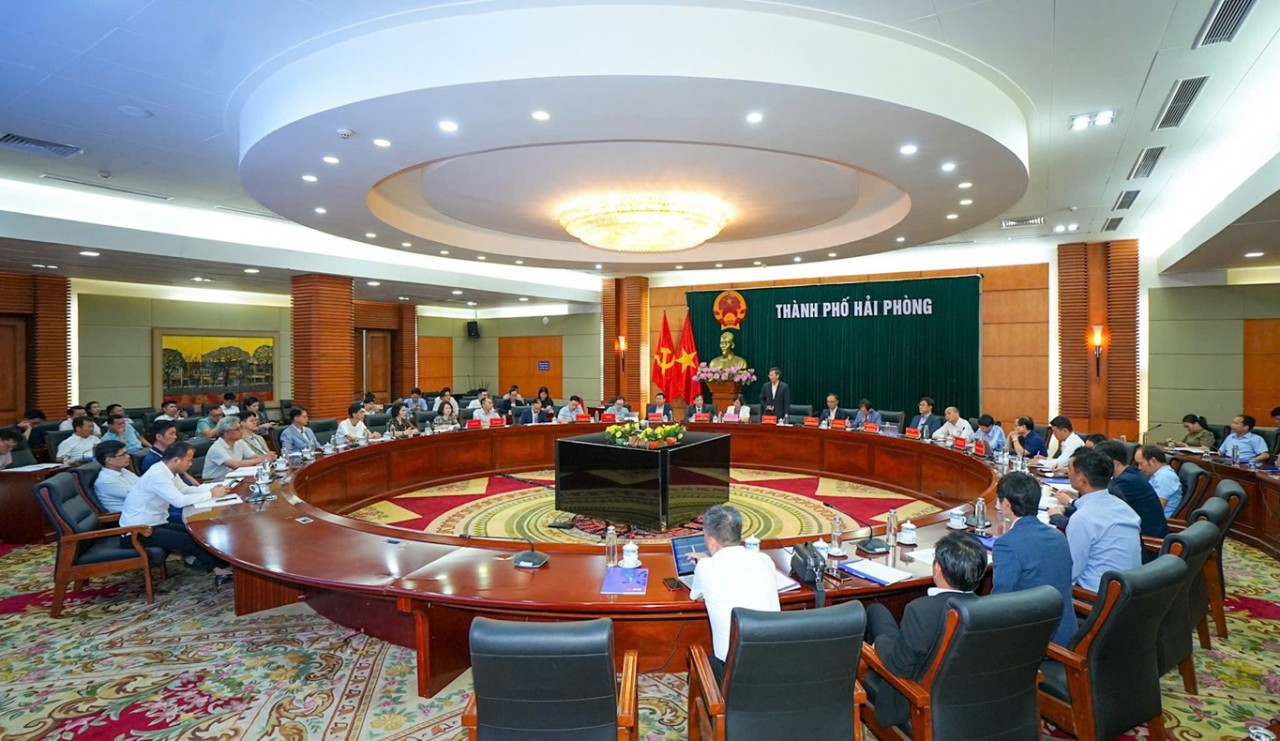 Friendship
Friendship
Hai Phong Promotes Vietnam-RoK Cooperation in Technology and High-quality Human Resources
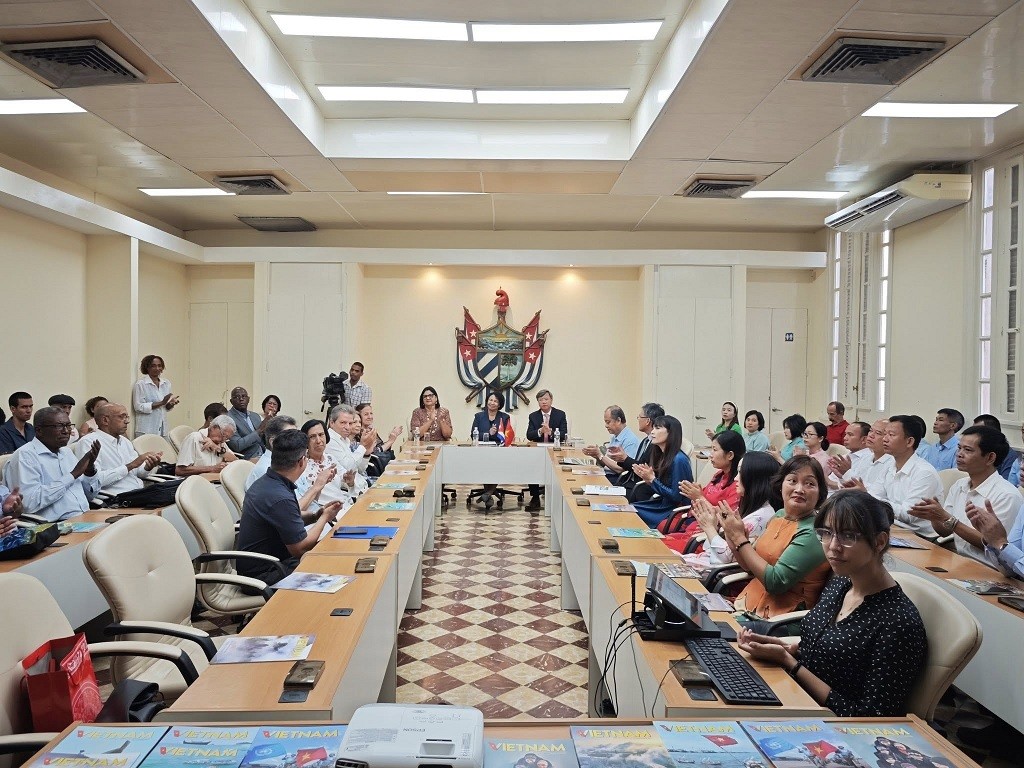 Friendship
Friendship
University of Havana Launches Department of Ho Chi Minh Studies
Popular article
 Friendship
Friendship
50 Years of Mexico-Vietnam Diplomatic Relations: Building the Future Together
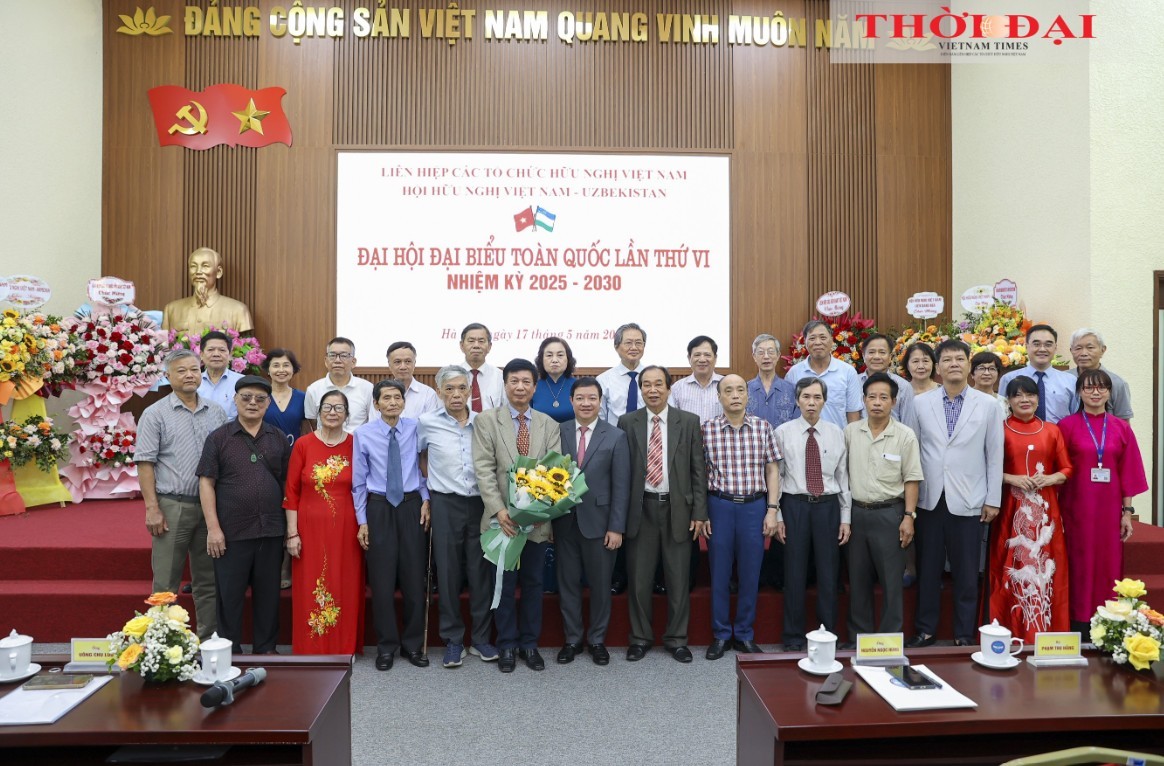 Friendship
Friendship
Vietnam–Uzbekistan Friendship Association Elects New President
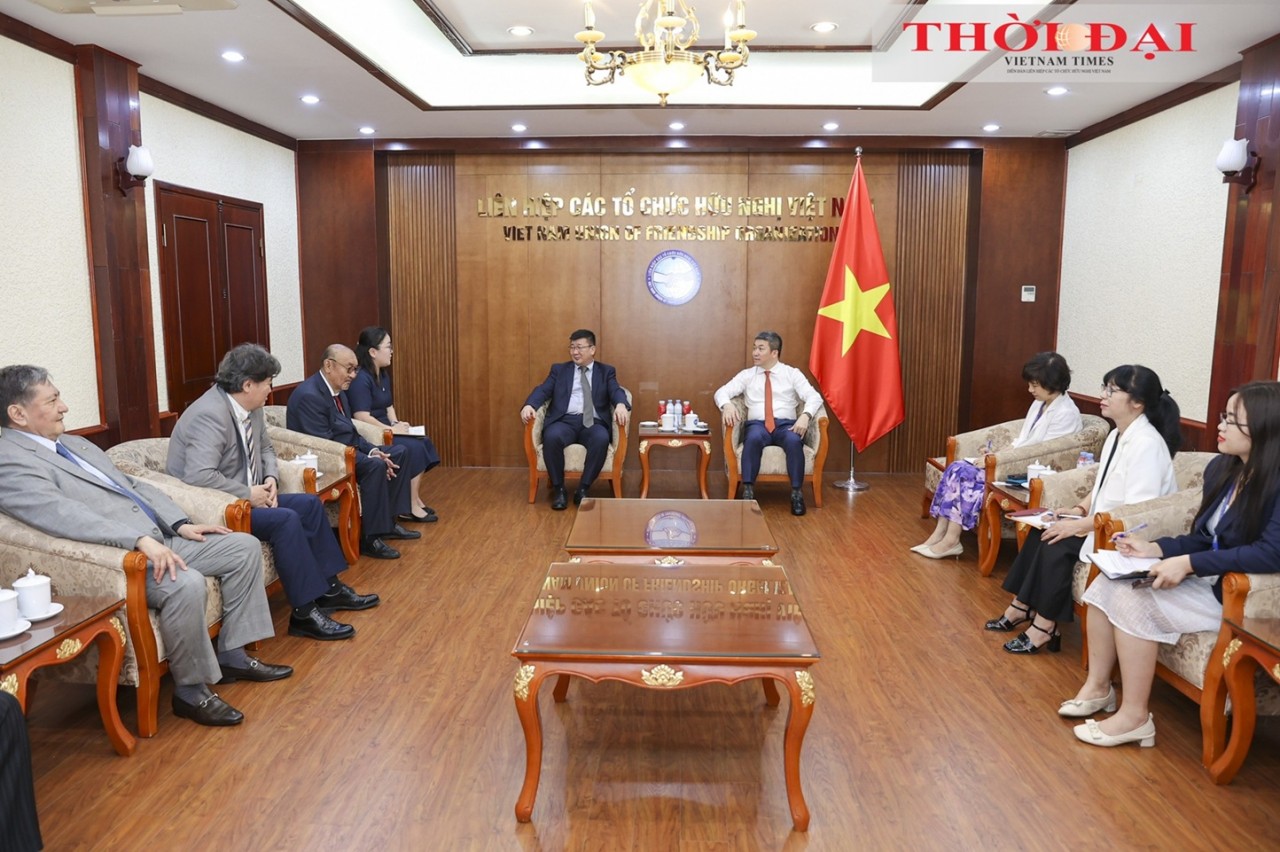 Friendship
Friendship
Delegation of Retired Mongolian Diplomats Promotes People-to-people Cooperation with Vietnam
 Focus
Focus





